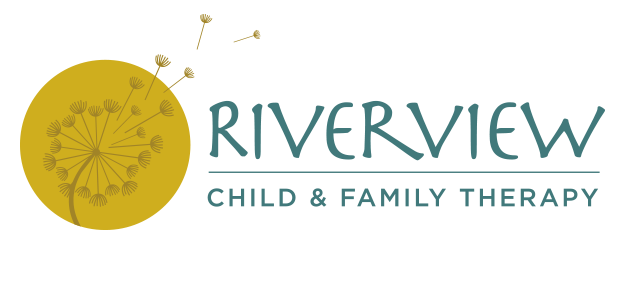As I shared in an earlier post, my oldest son has started middle school.
You can read it here: Beyond Middle School
It has been a learning experience for all of us. Now that he is safely into his second grading period, he is settling in nicely. He has mastered his school’s complicated rotating schedule and easily knows his way around the entire campus. He also is comfortable with his bus routine in the morning, and has worked some of the bugs out in his Algebra class. Overall, it seems he’s handled the challenges of middle school well.
Yet, wake-up calls to reality loom large as our children grow older. What used to be upsetting when they were younger, seems like small potatoes compared to now. For example, my youngest son’s obsession of wearing the same character-themed t-shirt to preschool every day was easily remedied by the washing machine. I’m not saying every issue a young child has is an easy fix, but in my experience, a majority of them are. Now that my kids are older, their challenges are more adult-like and that is a shift for all of us.
Recenty, my oldest son tried out for his school’s soccer team. He has played soccer since the age of five and had some success while playing in our community’s recreational league. He also has attended several summer soccer camps through the years and has enjoyed these experiences. It wasn’t completely out of the realm of possibility that he could make the team, but,…he didn’t. It was a disappointment for our whole family.
What I noticed during and after this tryout process, is that each member of our family took on a specific role in how we dealt with it. Maybe you will recognize yourself or a loved one in the descriptions that follow. Even if you are a single parent with only one child, you may experience different roles at different times. For me, it was helpful to identify these roles to gain understanding of my family as well as helping me see which coping strategies were useful.
Validation Hugger
It goes without saying, this role was solely mine. When my son got home and shared the news, I could feel the anger and disappointment radiating off of him. I didn’t say anything except, “I’m sorry,” and swooped in for a hug. I let him feel as sad and mad as he wanted. I didn’t make any attempt to change how he felt. I wanted him to know that all he felt was perfectly okay, because ultimately, he would be okay, too.
The Voice of Reason
This title belongs to my husband. He talked about the tryout without emotion. He said that if our son wanted to try out again next year, there were some options we could explore. At the end of the day, what happens when you are thirteen does not set anything about your future in stone. It only helps you shape your focus on where you want to go.
The Man with the Alternate Plan
This was all my oldest son. Even before tryouts began, we discussed the pros and cons of making the team. If he didn’t make the team, he had some ideas of other interests he could pursue. He also recognized that being on the school team would be a big commitment. Not making the team would open up lots of time and space in his life. He had several ideas on how to fill this time and space. He talked about organizing some neighborhood kids to play football in our backyard, reading for fun more (which he loves) and hanging out with his friends. It was nice that he could see that life was full of possibilities no matter the outcome of his tryouts.
The Scapegoat
This role was fulfilled by my youngest son. Not voluntarily, mind you, but because that’s who took the brunt of his older brother’s disappointment. The role of scapegoat can rotate frequently. When your disappointed kid is done lashing out at a sibling, be careful, because they could turn their ire on you. There’s not much to be done about it, only be aware of it. That way if you stumble upon your kids fighting, you have a chance to address the true cause of the discord as opposed to just the symptoms of it. It also helps you find your compassion when your kid seems angry at you, but instead they are feeling hurt about being disappointed.
Beyond all of this, there is a great opportunity to teach our kids about being happy for others and their successes. My son had a good friend make the team and he was genuinely happy for him. We talked about how hard his friend had worked over the years for this goal and that it was a dream come true for him. If we can learn to be happy for others with ease, then life becomes a series of never-ending celebrations even if things don’t seem to go our way.
Good luck on the road ahead as our children move towards adulthood. May there be more sunshine than rain and good friends to cheer us on!
Written by Diana DeVaul, MSW and Parent



